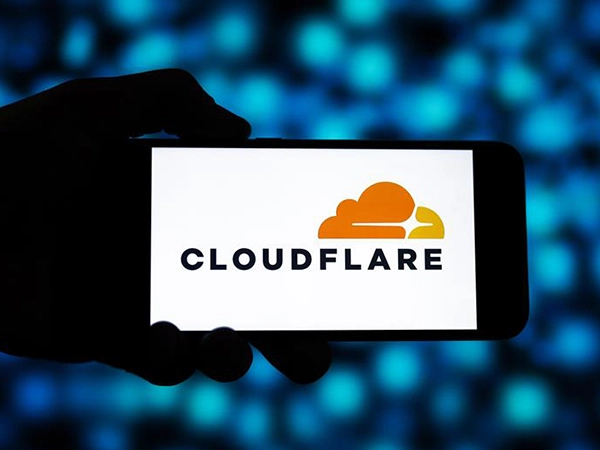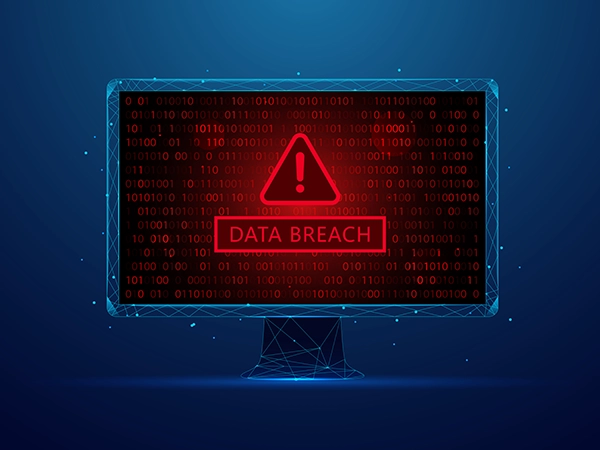In January 2025, SimonMed Imaging — one of the largest independent medical imaging providers in the U.S. — experienced a major cybersecurity incident compromising sensitive health data of over 1.27 million patients.
According to many Reports, The Medusa ransomware group claimed responsibility for the attack. The stolen information includes a range of personal identifiers and medical details, potentially exposing patients to identity theft and fraud.The incident serves as a stark reminder that healthcare organizations remain high-value targets for cybercriminals, particularly ransomware groups seeking to exploit patient data.
What Happened?
- Discovery: A third-party vendor alerted SimonMed on Jan 27 2025 to suspicious network activity.
- Intrusion Window: Investigation revealed unauthorized access between Jan 21 – Feb 5 2025.
- Impact: Attackers exfiltrated data containing highly sensitive patient information.
- Actor: The Medusa ransomware group claimed responsibility.
- Notification: By Oct 2025, SimonMed began sending official breach letters confirming more than 1.27 million patients affected.
Exposed Data & Scope
The stolen data reportedly included a wide range of sensitive information, which could put patients at risk of identity theft and fraud. While the company has not disclosed every detail, the compromised information likely includes:
- Names, addresses, dates of birth
- Provider names, dates of service
- Medical record numbers, patient IDs
- Diagnoses, treatments, medications
- Insurance information
The scale and sensitivity of the data highlight the severe implications of the breach for affected patients.
Why This Matters
SimonMed Imaging is one of the largest independent outpatient medical imaging providers in the United States, handling sensitive health data for millions of patients. The breach of its systems has serious implications, including:
- Exposure of PHI → potential identity theft / medical fraud
- Misuse of data for phishing and insurance scams
- Loss of patient trust and brand damage
- HIPAA liability, civil lawsuits, and regulatory scrutiny
This incident reflects a broader trend such as healthcare organizations are increasingly targeted by cybercriminals because patient data is highly valuable and often insufficiently protected. Despite the critical nature of healthcare systems, many organizations rely on outdated security measures, delay patching vulnerabilities, or provide remote access without adequate safeguards—creating easy entry points for attackers.
Given SimonMed’s size and the volume of sensitive data involved, this breach is not just a company-level issue; it is a significant cybersecurity concern for the healthcare industry and a reminder of the urgent need for robust data protection and proactive threat management.
Government & Industry response
SimonMed outlined several measures taken in response:
| Response Area | Actions Taken |
| Containment | Reset all passwords · Revoked vendor VPN access · Restricted networks to whitelisted sources |
| Hardening | Implemented/expanded MFA and EDR across endpoints |
| Forensics & Compliance | Engaged digital-forensics and privacy-law experts · Notified regulators · Issued public disclosure |
| Status | As of October 2025, no confirmed misuse of stolen data reported |
How Organizations Can Respond
To mitigate the risks of healthcare data breaches like the SimonMed incident, organizations should consider the following measures:
| Action Area | Recommended Measure | Objective |
| Patch & Update | Keep EHR, RIS/PACS, and vendor software current with latest security patches. | Close known vulnerabilities early. |
| Access Control | Enforce least-privilege principles and strong MFA for all users. | Limit attack paths to PHI. |
| Network Monitoring | Deploy IDS/IPS and SOC-level monitoring for anomalous traffic. | Detect breaches faster. |
| Data Segmentation | Separate clinical and administrative systems. | Contain impact of intrusions. |
| Incident Response Testing | Run mock breach drills and refine playbooks. | Improve readiness and response time. |
| Zero Trust Framework | Verify every connection – user, device, application. | Reduce implicit trust within networks. |
Final Word
The SimonMed Imaging breach serves as a stark reminder that healthcare organizations must prioritize cybersecurity at every level. With patient data being a prime target for cybercriminals groups so robust security frameworks, continuous monitoring, and incident response planning are essential to mitigate the risks of such attacks.
As cyber threats evolve, healthcare providers must stay vigilant to protect sensitive patient data and maintain trust in an increasingly digital healthcare environment.
References
1.HIPAA Journal – SimonMed Imaging Confirms January 2025 Cyberattack
https://www.hipaajournal.com/simonmed-imaging-confirms-january-2025-cyberattack/
2. TechTarget – SimonMed Discloses 1.27M-Record Healthcare Data Breach
3. SecurityWeek – SimonMed Imaging Data Breach Impacts 1.2 Million
https://www.securityweek.com/simonmed-imaging-data-breach-impacts-1-2-million/
4. Cybersecurity News – SimonMed Data Breach Exposes 1.2M Patients
https://cybersecuritynews.com/simonmed-data-breach-exposes/
5. PR Newswire – SimonMed Imaging Provides Notice of Security Incident (Official Statement)











